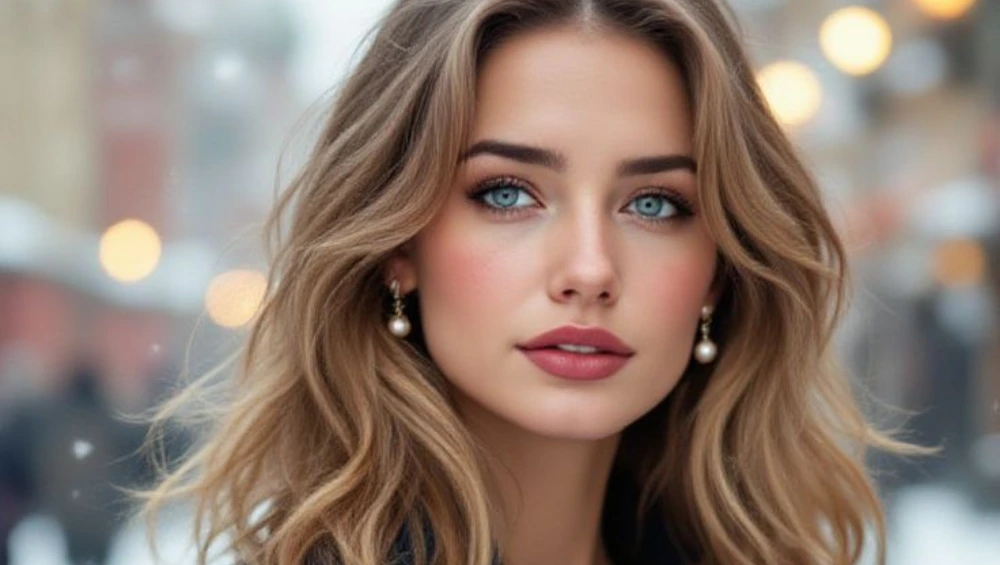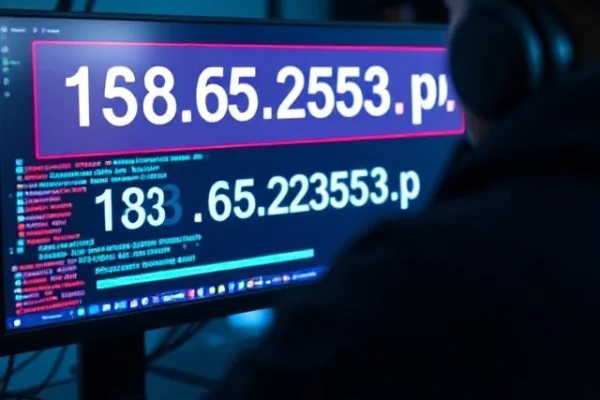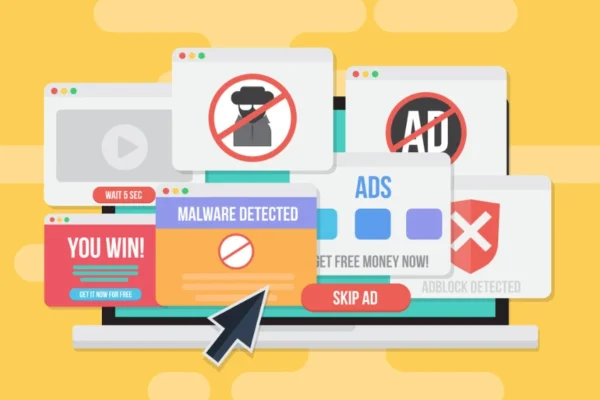The world of fame is no longer reserved solely for movie stars, musicians, and athletes. In 2025, artificial intelligence is reshaping what it means to be a celebrity. From virtual influencers to deepfake performances, the AI revolution in celebrity culture is transforming the entertainment industry, redefining stardom, and blurring the line between the real and the virtual.
As technology evolves, so does our understanding of fame. AI can now create hyper-realistic digital personas, resurrect long-deceased stars, and even compose music or act in films. This shift has far-reaching implications — not just for celebrities, but for fans, marketers, and society as a whole. In this article, we’ll explore the many dimensions of the AI revolution in celebrity culture, its impact on the entertainment industry, and what the future might look like when machines share the spotlight.
The Rise of AI-Generated Celebrities
One of the most striking developments in the AI revolution in celebrity culture is the emergence of fully synthetic celebrities. These are digital personas — often indistinguishable from real people — created entirely using AI. Virtual influencers like Lil Miquela, Imma, and Shudu have millions of followers, brand deals with global companies, and loyal fan bases.
What makes them unique is that they don’t age, get tired, or have personal scandals. They are controlled by creative teams and optimized by algorithms to stay relevant, trend-worthy, and on-brand 24/7. These AI-generated celebrities are cost-effective for brands and offer full creative control.
This revolution raises new questions: Can a computer-generated persona hold emotional value for fans? Do they deserve the same recognition as human talent? These debates are central to understanding the evolving relationship between fame and technology.
Deepfakes and Digital Resurrections
Another fascinating (and controversial) element of the AI revolution in celebrity culture is the use of deepfake technology. With enough data, AI can recreate a celebrity’s voice, facial expressions, and even body movements with near-perfect accuracy. This has led to several high-profile applications:
-
Recreating deceased actors for film roles (e.g., Carrie Fisher in Star Wars)
-
AI-generated commercials starring historical figures
-
Posthumous music albums using AI to finish incomplete recordings
While these applications preserve legacies and offer new creative possibilities, they also raise ethical concerns. Should families have the right to decide how a celebrity’s likeness is used? How can we protect against misuse, like unauthorized political endorsements or fake scandals?
The AI revolution in celebrity culture is forcing both legal systems and fan communities to rethink the boundaries of digital ownership and consent.
AI-Driven Personal Branding and Content Creation
Celebrities today are not just artists or athletes — they are brands. With the help of AI, managing this brand has become more data-driven and sophisticated. AI tools help celebrities:
-
Analyze audience behavior and preferences
-
Generate optimized social media captions and visuals
-
Schedule posts for peak engagement times
-
Use chatbots to interact with fans
-
Design personalized merchandise based on fan data
Through platforms like ChatGPT, Adobe Firefly, and Jasper AI, celebrities and their teams can now produce high-quality content at scale. This enhances visibility while minimizing effort and cost.
In the broader context of the AI revolution in celebrity culture, this data-driven branding signifies a shift from spontaneous fame to strategic influence, where every tweet, reel, or video is optimized for maximum impact.
Virtual Concerts and AI Performers
Live performances have also entered the AI era. In recent years, we’ve seen virtual concerts from AI-powered avatars and holograms, such as Hatsune Miku in Japan or Travis Scott’s virtual performance in Fortnite. These events blend gaming, music, and AI to create immersive entertainment experiences.
In 2025, such shows are more sophisticated than ever. With motion-capture technology and real-time rendering, AI avatars can perform “live” with audience interaction, virtual merch, and real-time customization. Fans can choose camera angles, interact via VR, and even co-create parts of the show.
The AI revolution in celebrity culture is thus expanding how we experience fame — from passive viewership to interactive fandom.
The Business of AI Fame
The monetization of AI-generated celebrities is booming. AI influencers are being used in ad campaigns, video games, and fashion shows, generating significant revenue without the unpredictability of human talent.
Startups are creating AI talent management firms, while traditional agencies are adapting by representing both real and virtual clients. Even fan economies are changing. Platforms like OnlyFans, Twitch, and YouTube are exploring AI avatars that can produce content, build subscriber bases, and earn income, just like human creators.
In this landscape, the AI revolution in celebrity culture represents a new business model: one where fame is programmable, scalable, and increasingly autonomous.
Fans and Parasocial Relationships in the Age of AI
Fans often form emotional connections with celebrities through what psychologists call “parasocial relationships” — one-sided emotional investments. Surprisingly, the same phenomenon is occurring with AI-generated personalities.
People are subscribing to AI influencers, writing fanfiction about them, and defending them in online debates, even though these celebrities don’t physically exist. Some fans even report feeling a stronger connection to AI avatars than to human influencers, citing the lack of drama or unpredictability.
The AI revolution in celebrity culture is reshaping how humans relate to fame, influence, and identity. It challenges the idea that emotional bonds require real-life interactions or authenticity.
Ethical and Legal Dilemmas
As AI becomes more capable, the risks associated with its use in celebrity culture increase. Major concerns include:
-
Consent: Who owns the likeness of a celebrity, especially after their death?
-
Misinformation: Deepfake videos can spread false narratives.
-
Manipulation: AI avatars can be used to sway public opinion without accountability.
-
Labor Displacement: Will AI replace actors, models, and content creators?
Regulators and unions (such as SAG-AFTRA) are beginning to take action. In 2023, the Hollywood writers’ strike partially centered around concerns about AI-generated scripts and characters. As AI evolves, new frameworks will be needed to balance innovation with rights and protections.
The AI revolution in celebrity culture is not just a technological shift — it’s a societal reckoning.
AI and the Democratization of Fame
On the positive side, AI is democratizing fame. Aspiring creators who may lack traditional resources can now use AI tools to write music, edit videos, build avatars, and connect with audiences. You don’t need a Hollywood agent to become famous — just a smart idea and a good prompt.
This opens the door to more diverse voices and creative experimentation. Independent creators can now compete with major studios, blurring the lines between mainstream and grassroots fame.
The AI revolution in celebrity culture empowers individuals — not just corporations — to shape the future of entertainment.
What the Future Holds
By 2030, we may see AI celebrities elected as brand ambassadors, appear in Hollywood blockbusters, or even get “nominated” for awards. As AI tools continue to advance, the line between human and artificial fame will become increasingly fluid.
Yet, the human desire for authenticity may also create a backlash. Just as vinyl records and handwritten letters made a comeback in the digital age, we may witness a renewed appreciation for imperfect, emotional, and real human celebrities.
Still, there’s no doubt that the AI revolution in celebrity culture is here to stay — and its influence is growing.
Conclusion
The AI revolution in celebrity culture is not a distant future — it’s our present reality. From virtual influencers and deepfakes to AI-generated content and data-driven branding, artificial intelligence is reshaping how celebrities are made, marketed, and remembered.
This transformation brings both exciting opportunities and urgent ethical questions. It challenges our definition of identity, creativity, and emotional connection in the age of machines. As fans, creators, and brands navigate this evolving landscape, the way we view fame — and the people (or programs) behind it — will never be the same.
The future of celebrity is artificial, interactive, and endlessly programmable. And in that future, the spotlight is wide enough for both humans and machines.








